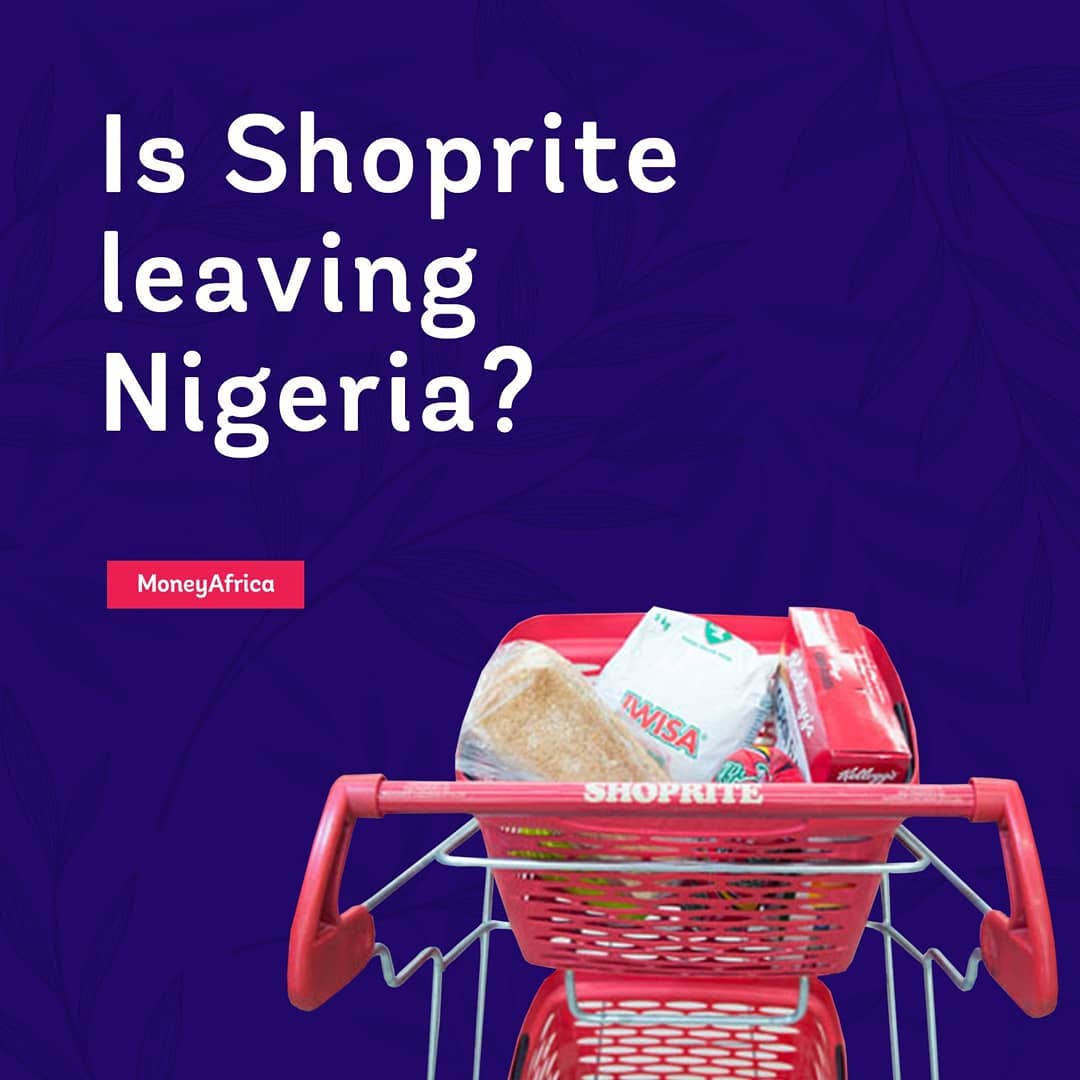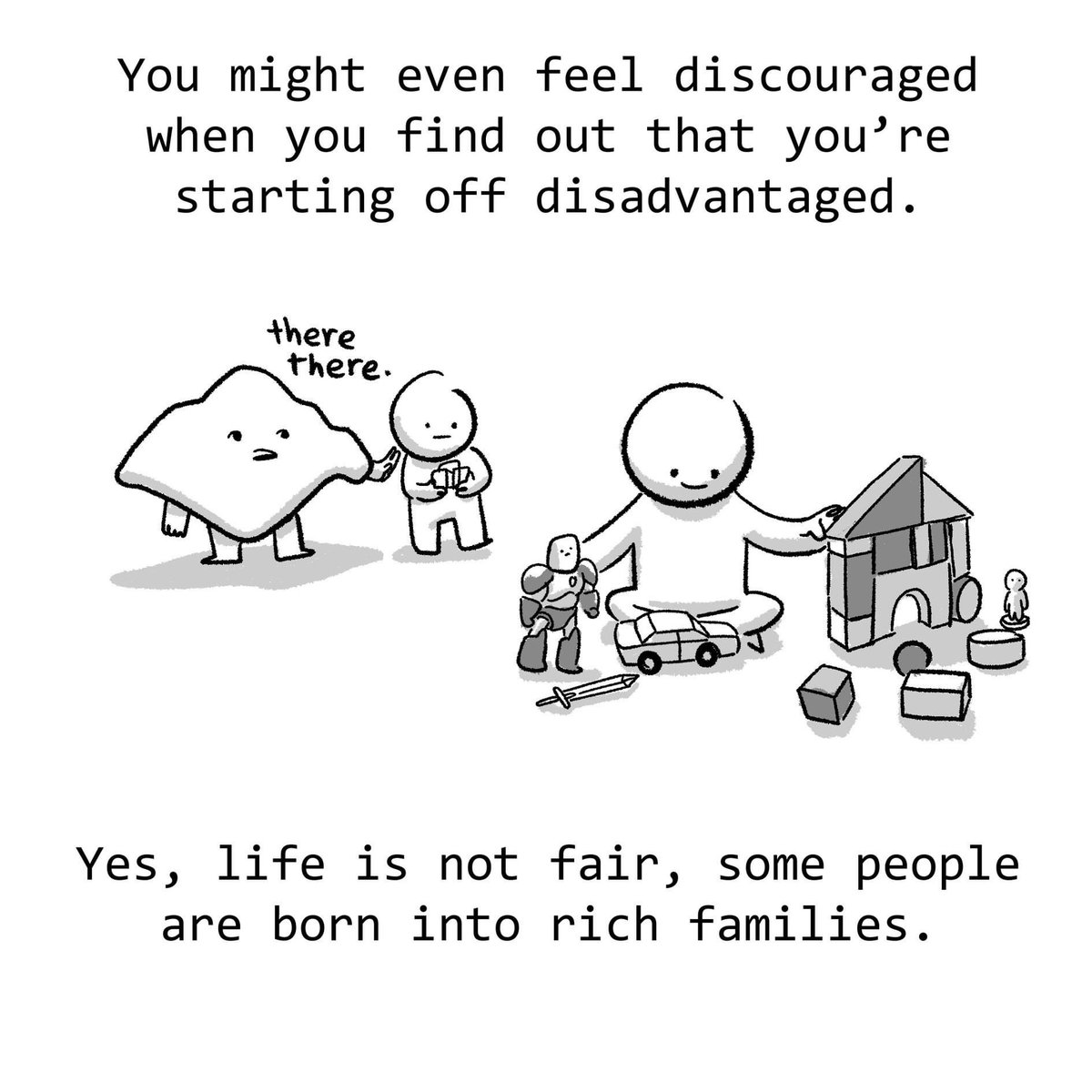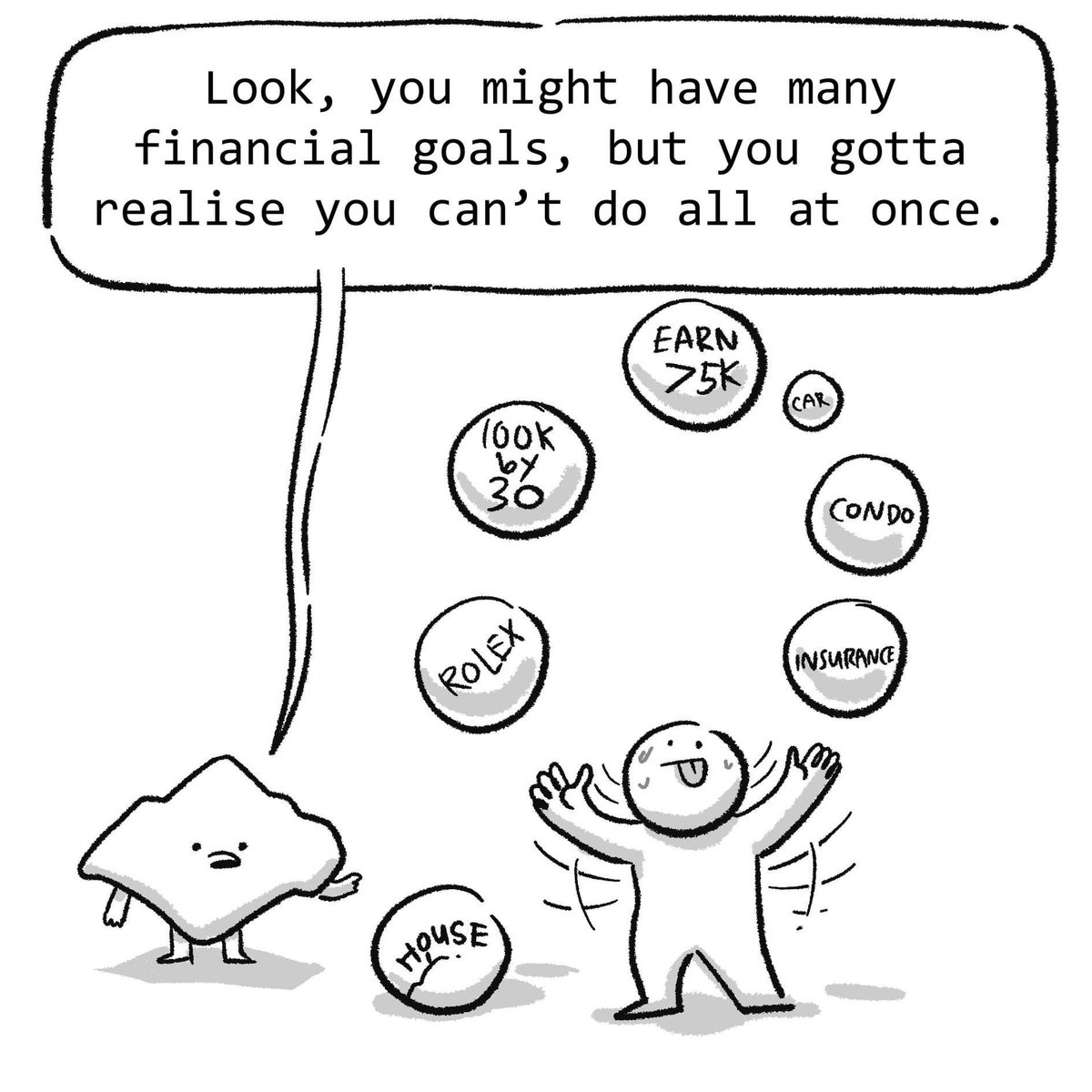
Remember Capital?
One of the factors of production we were taught back then in high school.
The robustness of any economy is dependent on the size of capital available for deployment be it from local or foreign sources.
THREAD
One of the factors of production we were taught back then in high school.
The robustness of any economy is dependent on the size of capital available for deployment be it from local or foreign sources.
THREAD

Foreign capital can come in various forms - FDI, FPI and “Other investments” according to the National Bureau of Statistics. 

FDI’s are very key to:
-Increasing productivity
-Improving infrastructure
-And creating employment opportunities as economic activities are stimulated.
-Increasing productivity
-Improving infrastructure
-And creating employment opportunities as economic activities are stimulated.
FPI’s are flows into financial assets, be it fixed income or equities but they tend to be transient as they are mostly dependent on economic performance.
The “other investments” category include loans, currency deposits, trade credits etc.
The “other investments” category include loans, currency deposits, trade credits etc.
Capital importation into Nigeria surged by 150% to $24b in 2019 from $9.6b in 2015
However, FPI’s accounted for 64% of the total capital imported over the period
FDI barely averaged $1b from 2016 through 2019 while FPI skyrocketed by 167% to $16bn in 2019 from $6b in 2015
However, FPI’s accounted for 64% of the total capital imported over the period
FDI barely averaged $1b from 2016 through 2019 while FPI skyrocketed by 167% to $16bn in 2019 from $6b in 2015
The lack of a clear fiscal policy direction partly contributed to the apathy of foreign investors towards direct investments into the Nigerian economy.
The rise in FPI however is directly attributable to the significant local currency depreciation in 2016 and erstwhile very attractive yields of over 15% on OMO securities offered to foreign investors.
This was also seen as a way the CBN built its foreign reserves to over $40b in 2019.
Clearly, concerted efforts from policy makers to create an enabling environment for private sector and foreign direct investments to thrive if Nigeria will be required to build a more resilient robust economy.
Credit @vizualytiks and @moneyafrica
Credit @vizualytiks and @moneyafrica
To learn more themoneyafrica.com
Do you have burning questions about the stock market?
Are you confused about the way it works?
Then, this FREE stock market webinar is for you💚
lnkd.in/dSxDsXi
Are you confused about the way it works?
Then, this FREE stock market webinar is for you💚
lnkd.in/dSxDsXi
• • •
Missing some Tweet in this thread? You can try to
force a refresh
















